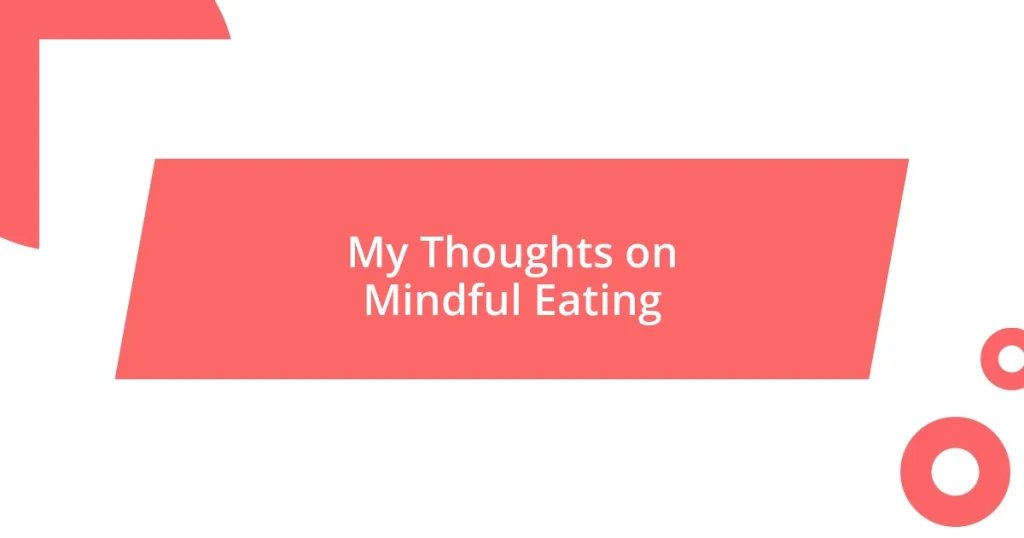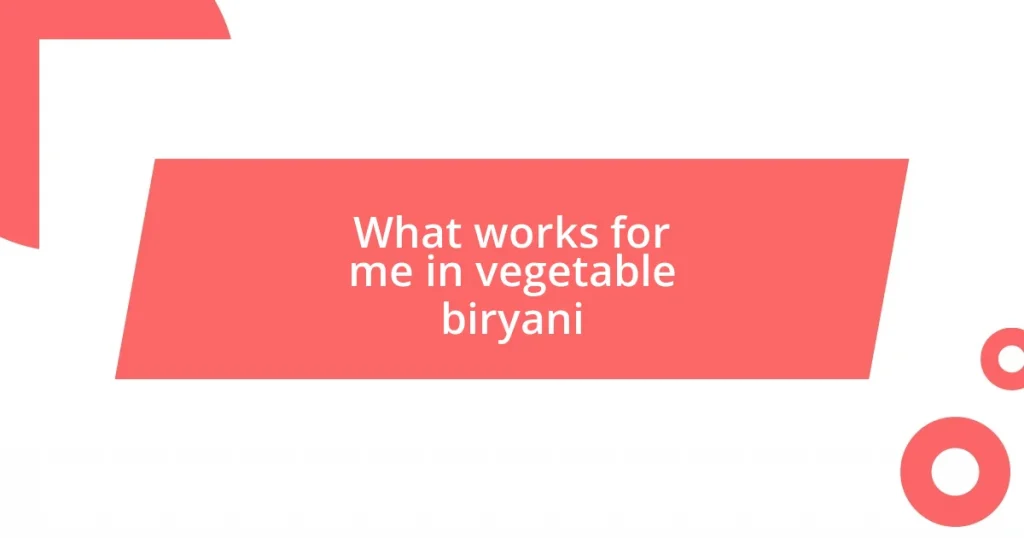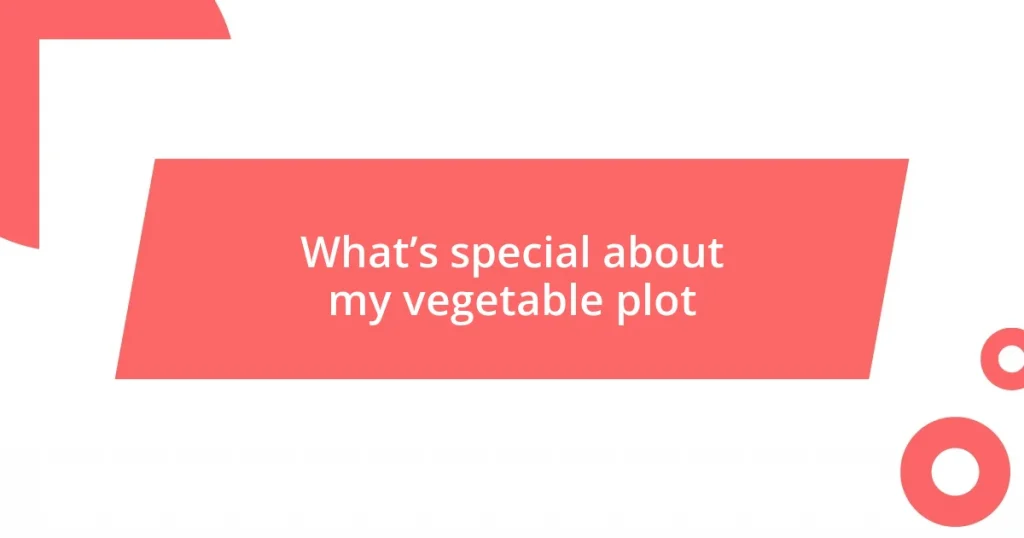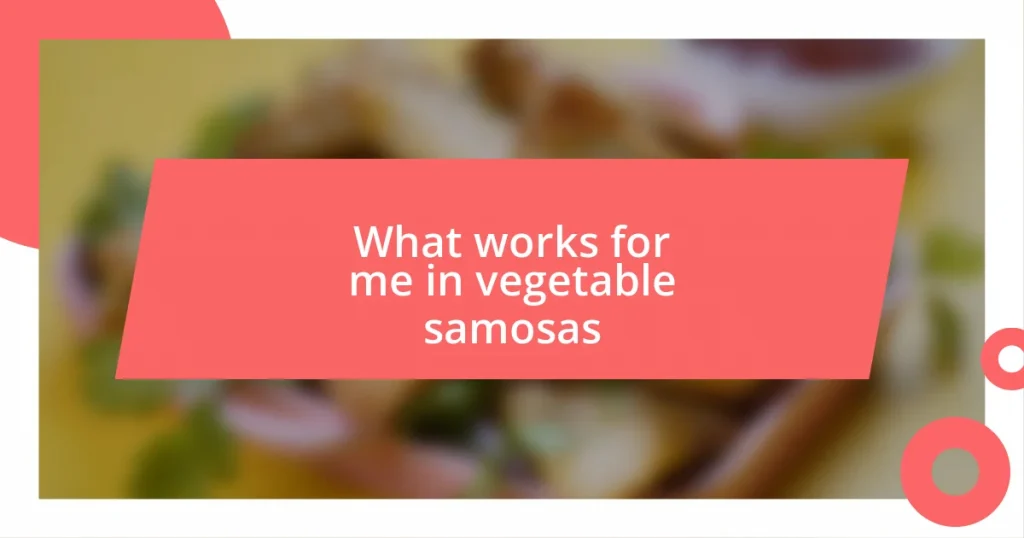Key takeaways:
- Mindful eating fosters a deeper connection with food, enhancing appreciation for flavors and preparation, while also reducing stress and promoting a healthier relationship with hunger cues.
- Identifying emotional triggers for unmindful eating—such as stress, boredom, and fatigue—empowers individuals to make more conscious food choices and establish healthier habits.
- Practical techniques like slowing down eating, creating a peaceful dining environment, and journaling feelings can help overcome challenges in mindful eating and track progress towards improved emotional well-being.
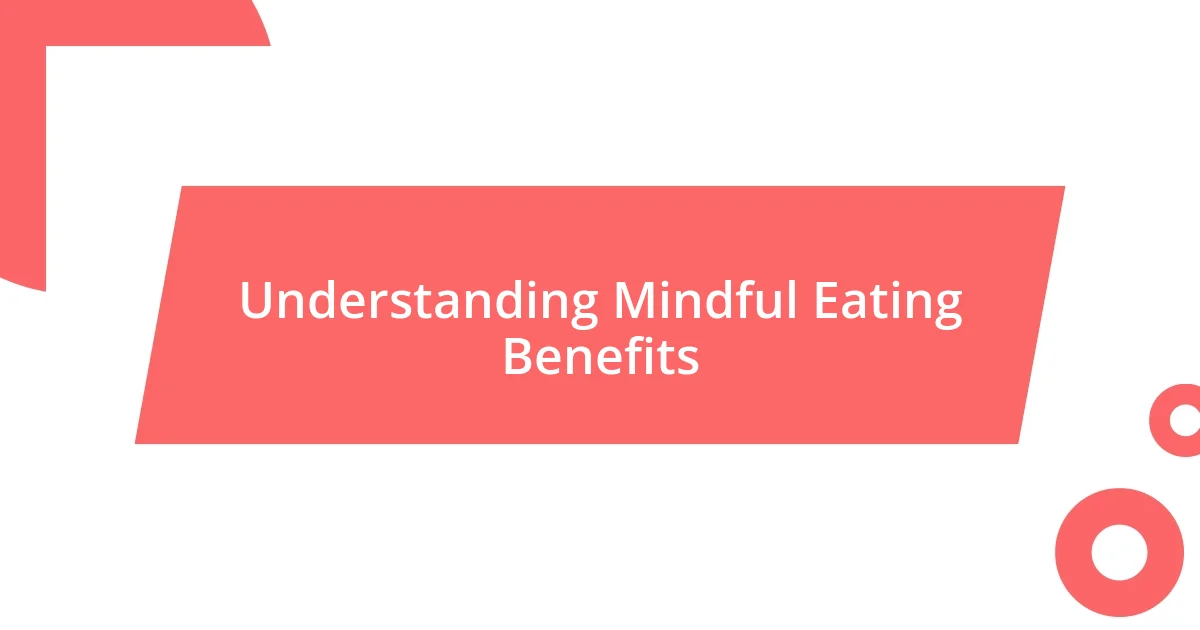
Understanding Mindful Eating Benefits
One of the most profound benefits of mindful eating that I’ve experienced is the deep connection it fosters between me and my food. I remember the first time I savored a simple meal, noticing the textures and flavors that I would usually overlook. It made me appreciate not just the food itself, but also the effort that went into preparing it. Have you ever stopped to really taste a meal, rather than just wolf it down? That realization of how flavors can dance on your palate is truly eye-opening.
Another remarkable aspect of mindful eating is its potential to reduce stress. Picture this: I once had an overwhelming day, filled with deadlines and demands. Instead of diving into takeout mindlessly, I decided to prepare a meal slowly, focusing on each step. The act of chopping vegetables and stirring sauces became a form of relaxation, like a form of meditation. It strikes me that by paying attention to our meals, we can transform them into intentional moments of peace amidst life’s chaos.
Mindful eating can also lead to a healthier relationship with our bodies and food. I noticed this shift in myself when I stopped counting calories obsessively and began to listen to my hunger cues instead. It felt liberating to eat when I was hungry and stop when I was satisfied. Have you considered how much power comes from simply tuning in to your body’s needs? This practice not only helped me enjoy my meals more but also diminished unnecessary guilt around food choices, paving the way for a more positive mindset.
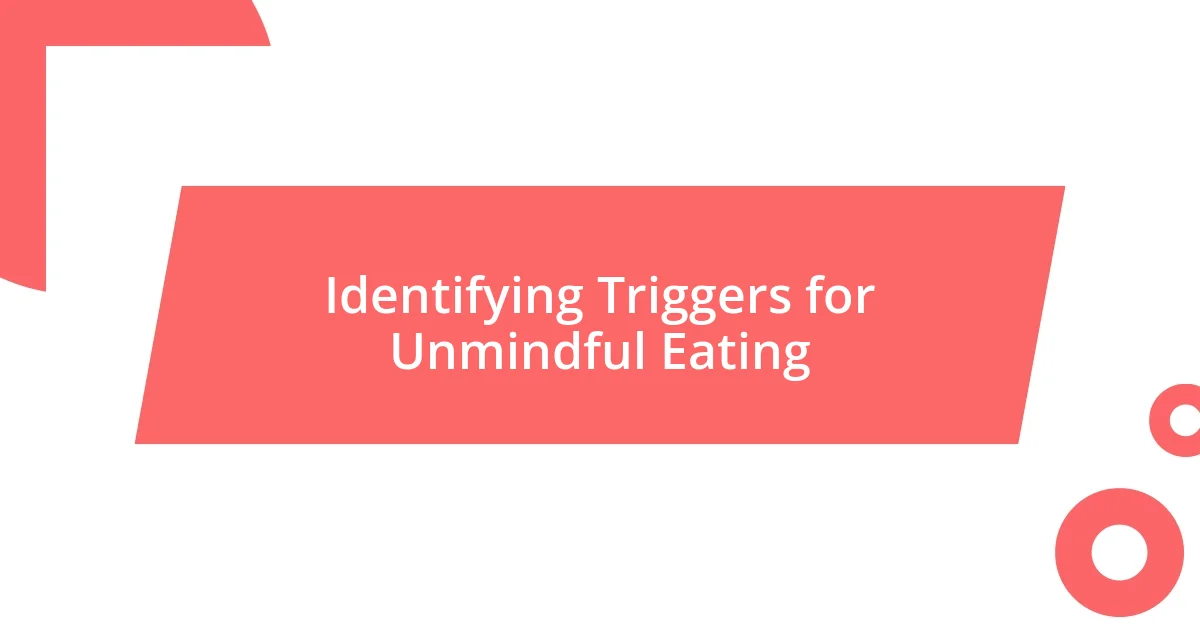
Identifying Triggers for Unmindful Eating
Identifying the triggers that lead to unmindful eating can be a game-changer in our relationship with food. For instance, I often find myself reaching for snacks when my mind is racing or when I’m bored rather than when I’m genuinely hungry. Recognizing these emotions has helped me pause and assess what I’m truly feeling—this simple acknowledgment can transform my eating experience into something more intentional.
Here are some common triggers that I’ve identified through my journey:
- Stress: When deadlines loom, I tend to snack mindlessly. It’s often more about coping than hunger.
- Boredom: I’ve caught myself munching while scrolling through my phone, purely out of habit rather than appetite.
- Social Situations: Events filled with tempting treats can lead to overindulgence without realizing it.
- Fatigue: After a long day, I sometimes eat as a way to unwind, regardless of whether I’m really hungry or not.
- Celebratory Eating: Associating food with joy can create habits that overshadow true hunger cues.
By being aware of these triggers, I’ve started to form healthier habits and make more conscious choices. It’s empowering to challenge old patterns and build a more mindful eating practice around my real needs.
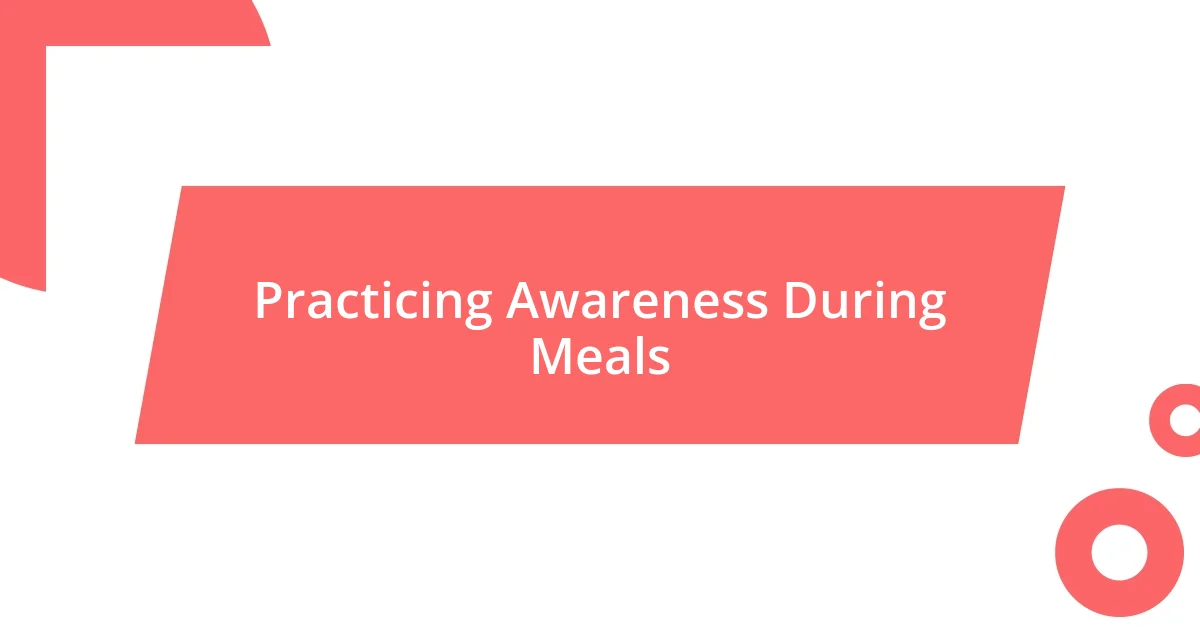
Practicing Awareness During Meals
Practicing awareness during meals is truly transformative. I recall a dinner I had recently, where I decided to put my phone away and focus solely on my plate. Each bite was a new experience, nearly like a little adventure. I noticed the exact blend of herbs that danced together, creating a harmonious flavor. Have you ever experienced such a moment where you felt entirely present with your food? It’s remarkable how our senses come alive when we embrace this level of awareness.
When I share meals with friends, I encourage everyone to savor each bite. I remember one such gathering where we deliberately paused between bites to discuss the flavors we were experiencing. The conversation became an extension of enjoying the food, enriching our bonding experience. By practicing awareness, we not only elevate our meals but also deepen our connections with those around us. It highlighted for me that meals can be communal acts of mindfulness rather than hurried refueling opportunities.
I’ve also found that taking a moment to express gratitude before eating enhances the mindful eating experience. At times, I’ve paused to acknowledge the journey each ingredient took to reach my plate. This reflection fosters a sense of appreciation that transforms a routine meal into a meaningful experience. Through this simple act, I’ve developed a deeper respect for food, shifting from merely consuming to truly honoring the meal in front of me.
| Aware Eating Practices | Benefits |
|---|---|
| Slowing down meal pace | Allows for better digestion and enjoyment |
| Engaging all senses | Enhances flavor appreciation |
| Acknowledging hunger cues | Promotes healthful eating habits |
| Expressing gratitude before meals | Fosters respect and mindfulness |
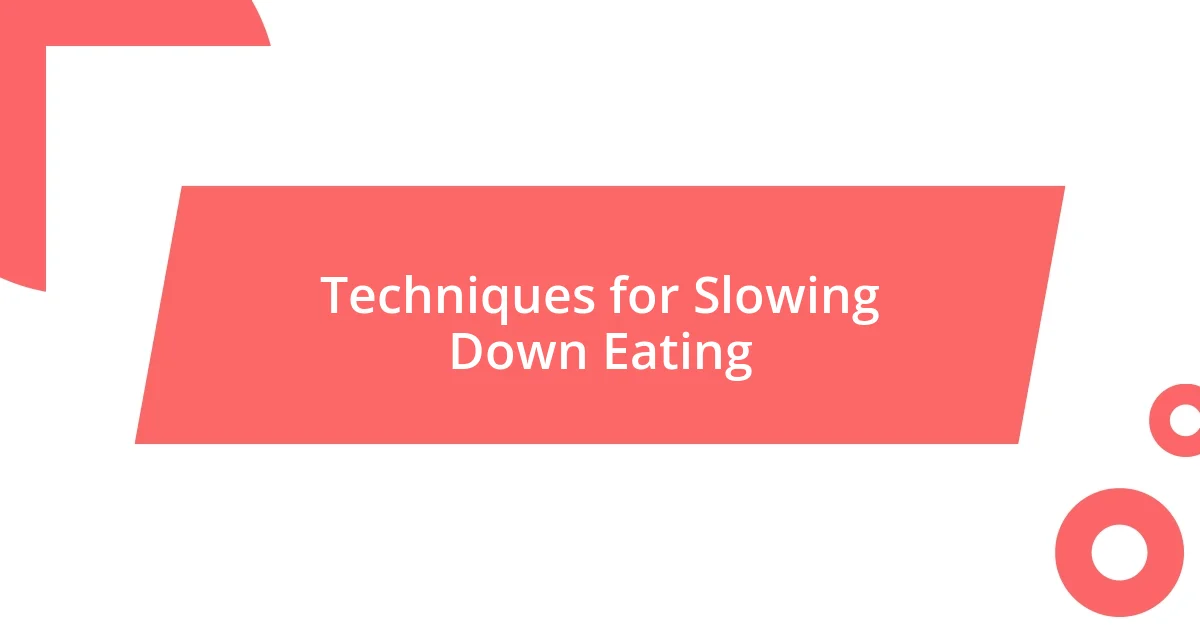
Techniques for Slowing Down Eating
One effective technique I’ve adopted to slow down my eating is using a timer. I simply set it for 20 minutes—approximately how long it should take to eat a meal. It’s surprising how, when I hear the timer ring, I often find I’m only halfway through my food. This little challenge encourages me to take smaller bites and truly relish each one, helping me to recognize when I’m satisfied rather than relying on an empty plate as my cue to stop.
I’ve also started placing my utensils down between bites. Initially, it felt strange, but soon, I realized how it altered my experience. By pausing, I could enjoy the texture and flavor more fully. Have you ever noticed how often we dive into the next bite almost automatically? It made me appreciate my meal and made each moment truly count, rather than just mindlessly moving through the motions.
Another strategy I consider essential is creating a peaceful dining environment. I like to dim the lights, play soft music, and eliminate any distractions, like the television. In doing this, I acknowledge the beauty of what I’ve prepared and the privilege of nourishment. As I embrace this tranquility, I can’t help but feel a stronger connection to my food, and it shifts my mindset from rushing to savoring. Wouldn’t you agree that a calm space can elevate the overall enjoyment of a meal?
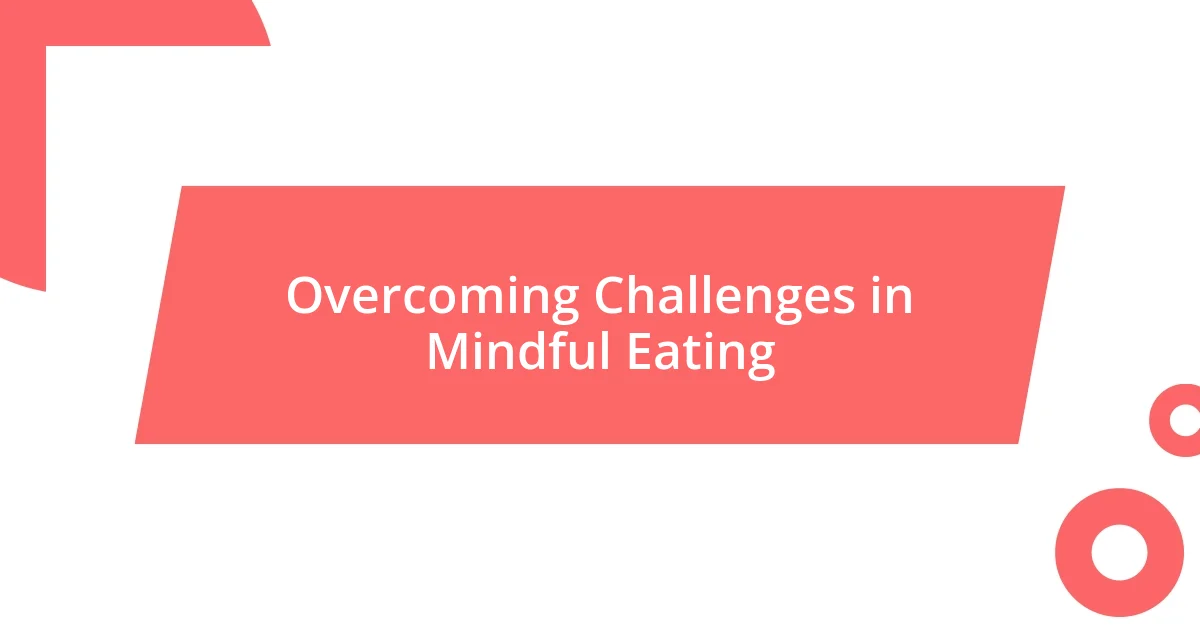
Overcoming Challenges in Mindful Eating
When I first began my mindful eating journey, I faced several hurdles that threatened to derail my progress. One of the biggest challenges was dealing with distractions. Whether it was the television blaring or notifications singing from my phone, I found it hard to focus on my meal. I had to set intentional boundaries. Now, I designate meal times as sacred moments—absolutely no devices allowed. This simple rule has transformed my eating from a rushed obligation into an experience I genuinely look forward to. Have you ever reflected on how distractions impact your enjoyment of food?
Another obstacle has been my emotional connection to food. I noticed that I sometimes reached for snacks when I was stressed, rather than when I was hungry. Now, I’ve begun journaling my feelings before meals to determine my true hunger cues versus emotional cravings. This practice has not only educated me about my eating habits, but it has also fostered a greater sense of understanding towards my emotions. Have you ever taken the time to explore what drives your eating choices?
Lastly, the peace I’m trying to cultivate around meals can be tough to maintain, especially with a busy lifestyle. I’ve found that prepping meals ahead of time allows me to avoid the rush and actually enjoy what I eat. For instance, on days when I know my schedule is packed, I dedicate a few hours to meal prep over the weekend. This effort gives me the reassurance that I can enjoy wholesome, mindful meals regardless of how hectic life gets. It’s all about balancing preparation with intention—something I think everyone can benefit from. How do you ensure that your meals remain a mindful, stress-free experience?
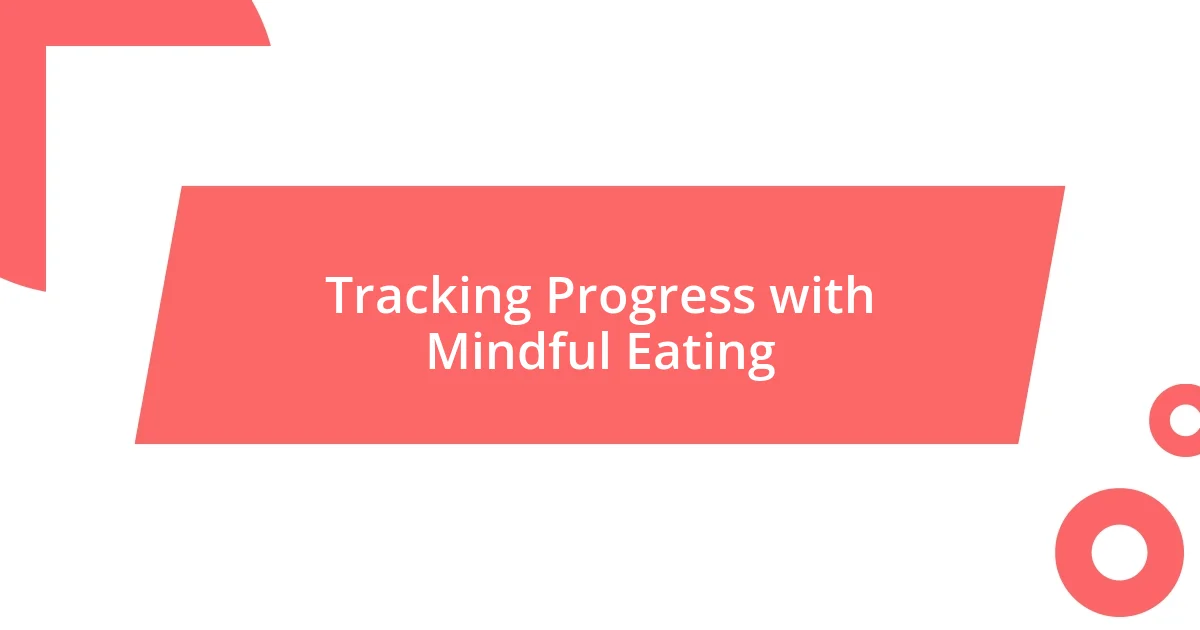
Tracking Progress with Mindful Eating
Tracking progress with mindful eating can be quite enlightening. I remember the first time I tracked my meals and feelings in a journal. It felt both daunting and revealing. I found myself jotting down not just what I ate, but also my emotional state during meals. That simple practice unveiled patterns I wasn’t even aware of—like how stress often led me to grab a quick snack instead of a proper meal. Have you ever paused to think about how your feelings influence your food choices?
As I continued this journaling journey, I noticed shifts in my relationship with food. The act of recording my meals helped me celebrate small victories, such as resisting the urge to mindlessly munch during a movie. I felt a sense of pride each time I chose to savor my food instead of rushing through it. Reflecting on these moments sparked a deeper appreciation for the nourishment I was consuming. How much energy do you think your body saves when you’re conscious about each bite you take?
Additionally, progress can be subtly tracked through changes in energy levels and overall mood. After a week of mindful eating, I began to notice a lightness in my step and a clarity in my thoughts that I hadn’t experienced before. It’s funny how something as simple as eating with intention can create a ripple effect in every aspect of my life. Have you ever considered how mindful eating might enhance your emotional well-being? For me, that transformation has been nothing short of remarkable, and I encourage you to explore the positive impact it can have on your journey as well.










